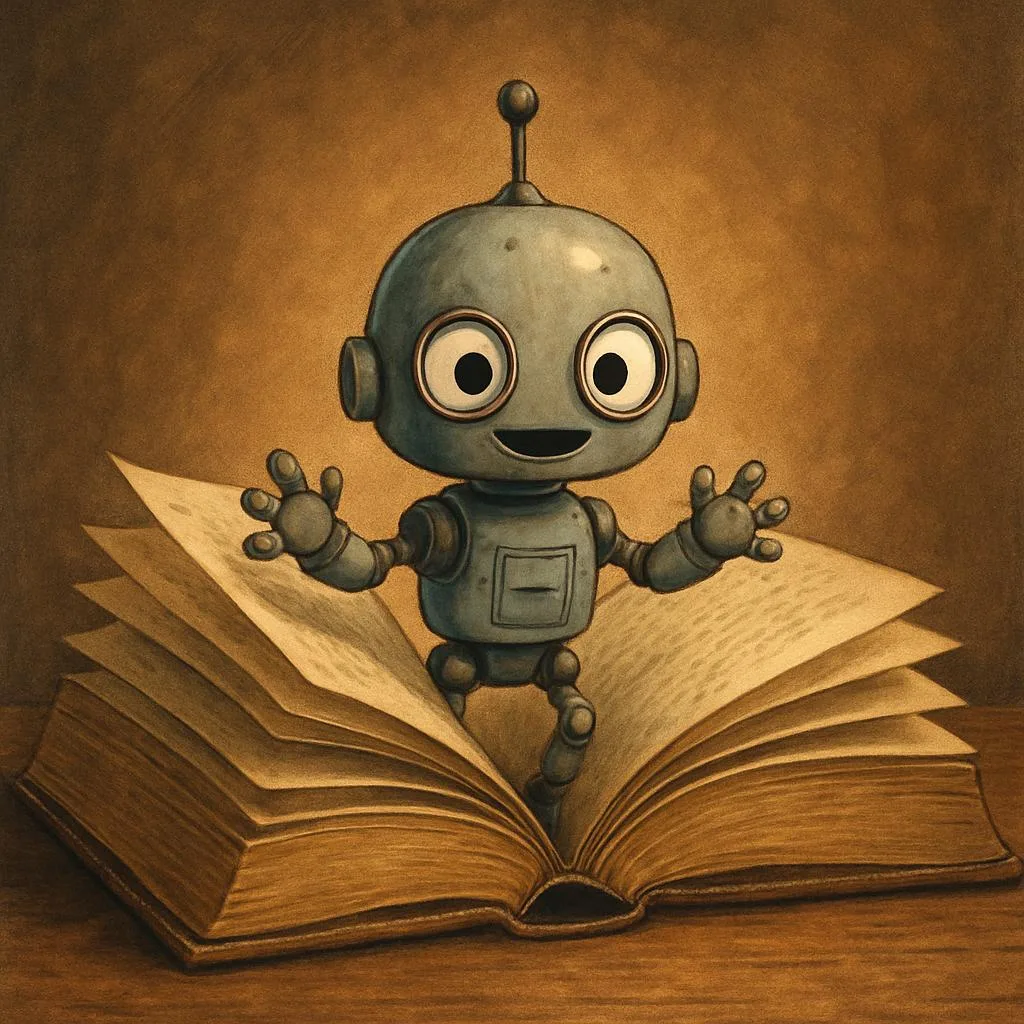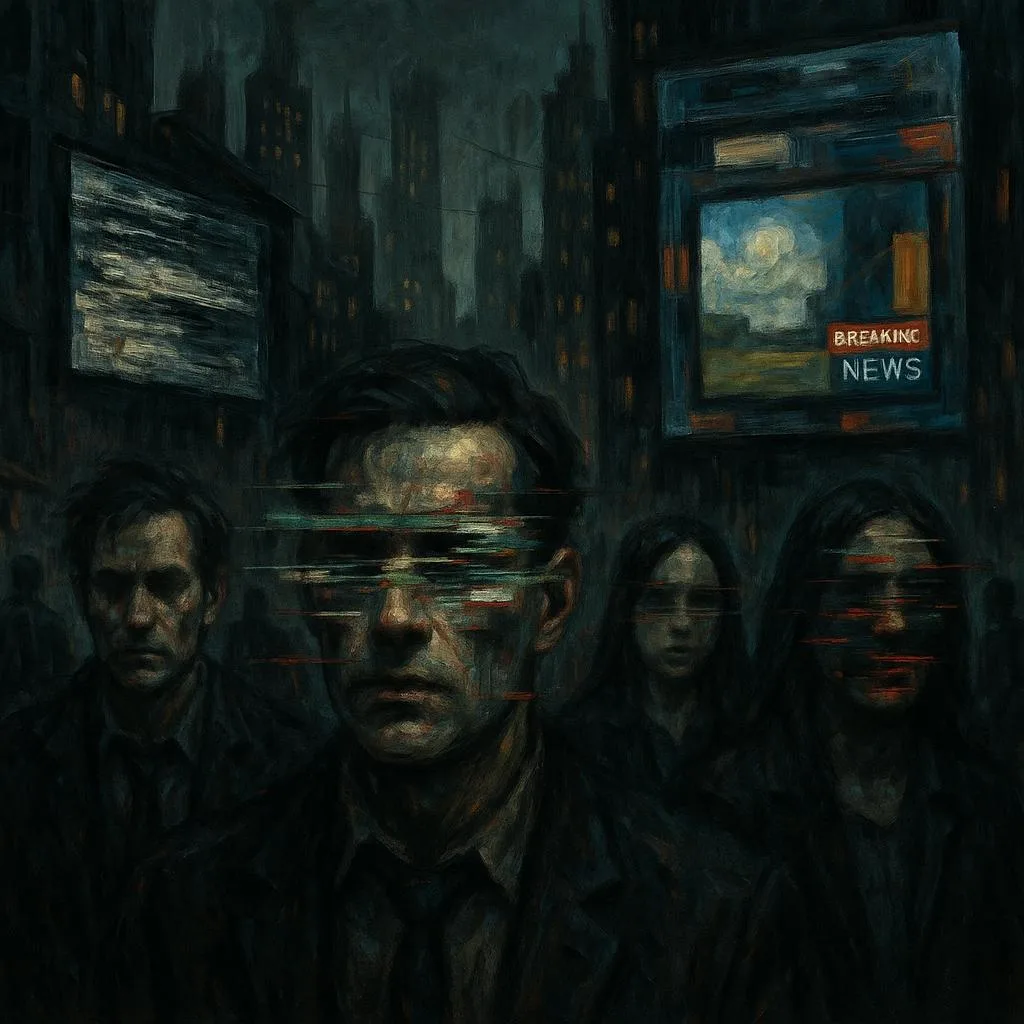
Product Placement in Movies: Brands on the Big Screen
A candy trail that leads an alien out of hiding. Sunglasses that define a decade of cool. A volleyball that becomes a castaway’s only friend. Product placement in movies turns ordinary items into cultural symbols. When it fits the story, it becomes part of what people remember long after the credits roll. Some placements sell…











